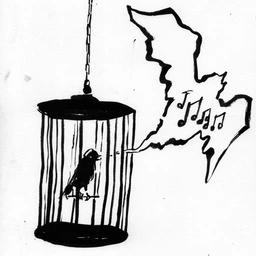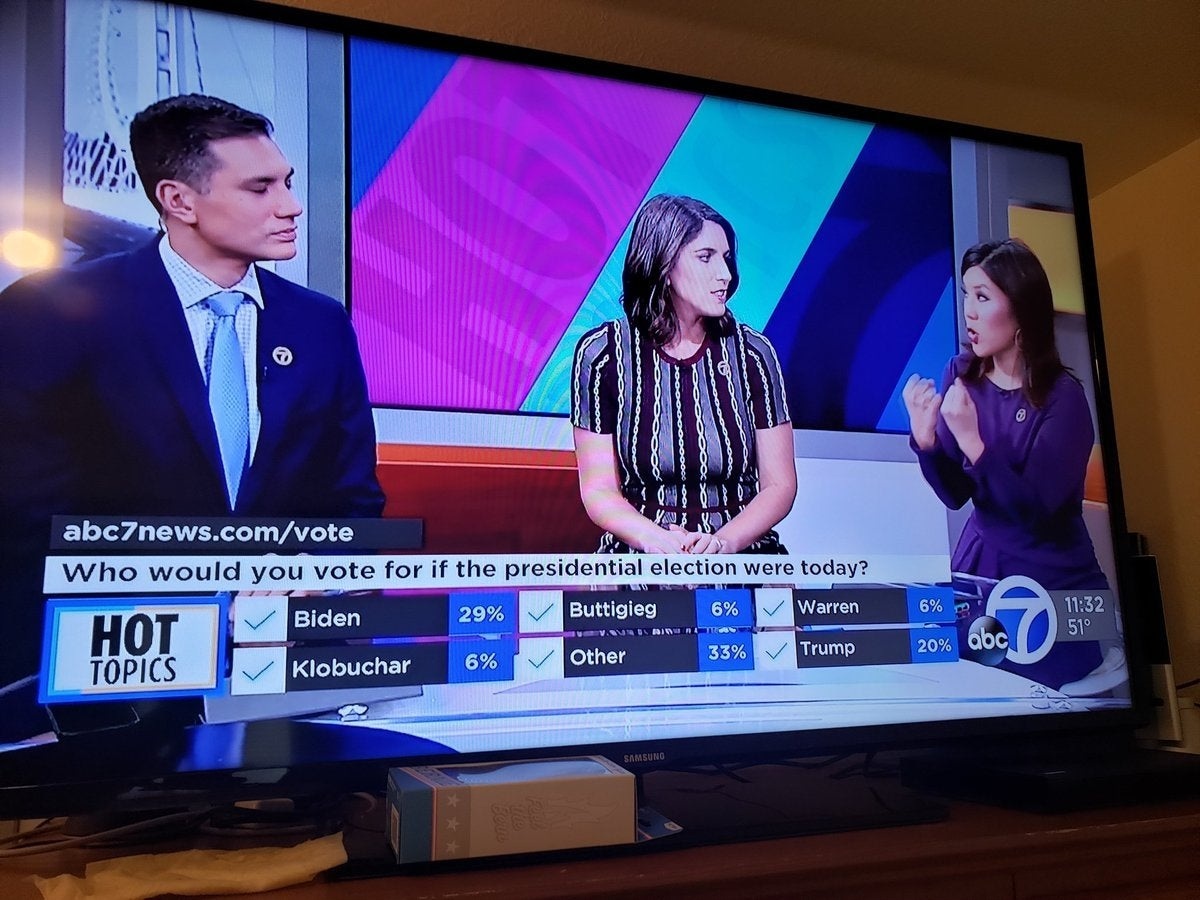

Our justice system might not be perfect, but it is the best option we have.
This was said about every system throughout history to justify injustice.


Our justice system might not be perfect, but it is the best option we have.
This was said about every system throughout history to justify injustice.


Thanks for the info.
My concern is less about the reliability of the provided info and more the bias of the voice/language being used, and the choice of which facts get reported on. To me, this Politico article reads as rather sympathetic to the right wing.
Ultimately I don’t think “unbiased” reporting truly exists, it’d be better if journalists (and their editors/employers) were transparent about conflicts of interest, like in scientific publications (even though it’s not like that’s likely to happen, so the reality is that anyone seeking such info has to find it out by themself). Not to mention how the left-right spectrum is pretty subjective and vague.


Does anyone have an alternative source?Politico Europe is owned by Axel Springer SE, and Axel Springer was apparently like Germany’s Murdoch.


Not my photo and I don’t entirely remember its context but I’d saved it back then because it really struck me how blatant the Bernie censorship was



I’m not surprised one bit


The deregulation march you’re talking about is neoliberalism, and it hasn’t just affected USA. And in a sense neoliberalism is capitalism’s response to regulation.
It’s not that regulation doesn’t work per se, it’s that the (political) hierarchy through which it functions is susceptible to being taken advantage of, and inevitably it will be (*has been) taken advantage of by the capitalist class to protect their economic hierarchy.
For democracy to truly represent the people it’d need to be federated from the ground up through free association. Large scale organisation and cooperation would be ephemeral, existing when/if the need arises and dissolving as soon as projects are concluded (or cancelled). But within the rigidity of the current system(s), where power is consolidated at the ‘top’ through processes we’re lead to believe are necessary for ‘order’ (when their real purpose is of course control), horizontal forms of social organisation seem impossible (I like how Anark calls this - “hierarchical realism”).


Can we please stop pretending “regulation” is all that effective. It’s been tried, and has resulted in corrupt bureaucracy or given way to neoliberalism (and corporate bureaucracy).
What we need is a radically different system where the power truly is in the hands of the people, and not just nominally like in representative democracy (and which is completely lacking anyways in most workplaces). And what this requires is the construction of fundamentally different modes of production and human interrelation that will not resemble what we’ve got now, neither economically nor politically nor socially. Regulating capitalism won’t get us there.


Well, you’re not using the typical meaning of the word.
Communism is really just a “stateless, moneyless, classless society”, built on the principle of “from each according to their ability, to each according to their needs”. “Egalitarian” gets thrown around too but is considered inadequate by some for often meaning an equality of sorts between classes rather than the abolition of class.
“Commie” is just a derogatory word for “communist”. The distinction you’re making isn’t really meaningful.
Stalin and Mao were Marxist-Leninists. Perhaps they truly believed that a “vanguard” party controlling a totalitarian “socialist” state was the best way to reach communism. History of course proved them wrong - the way that they structured their states and economies unsurprisingly resulted in state capitalism.
Idk enough about Orban but he strikes me to be the same as Putin, a totalitarian capitalist.


What do you think communism means?


Horseshoe theory strikes again


When you talk about communism, are you talking about marxist-leninist / socialist states, or communism the idea(l) itself? Also how familiar are you with anarchism?
It seems that in the same way, people in this discussion have defined that communism is the mechanism for being generous and being willing to contribute to society.
You’re not far off, but yes that is more or less all that “communism” is:
a classless, stateless, humane society based on common ownership, follows the maxim “From each according to his ability, to each according to his needs.”
There is no prescription for how this may be achieved or how it might operate. Marxist-leninists want to reach it with a vanguard party and a socialist state, and this reflects how they see revolution as an event. Anarcho-communists instead see revolution as a process, and praxis takes the form of grassroots movements, aiming to bring about the necessary social change, building systems of free association from the ground up.


They don’t exist


Of course capitalism operates in a lot of gray areas, it’s how it seems freer than it actually is. “I need food” isn’t always a problem, but it is one often enough to be systemically problematic. Abandoning one’s hopes and dreams because one must be “realistic” is the norm.


Social democracy isn’t really socialist…
Anyways it’s just good to know that FOSS is built upon anarchist principles (of course, this doesn’t mean every FOSS project is anarchist) and is a great example of free association in practice. It helps demystify anarchism and communism.
Also what “delusions” are you talking about? Marxist-leninist ones?


I hope this is a lightbulb moment for you


I was kinda on the opposite end of the spectrum lol. I remained steadfast in engaging with the Santa Claus mythos until a pretty late age despite my parents staight up telling me they were the ones getting me presents, and despite knowing that all evidence pointed to them telling the truth, lol.


deleted by creator


I’m confused, I’ve never seen gpservices take a screenshot. Is there any reason/context I should be looking out for?


How did you catch it taking the screenshot?
No, you just made a likely bad faith argument he couldn’t be bothered to engage with.
There has been a rise in far-right parties in many countries, many of which don’t officially label themselves as fascist for plausible deniability, while spouting clearly fascist rhetoric. Their current scapegoats of choice include (but are not limited to) immigrants and lgbtq people.
But if you’re not being disingenuous, what do you think fascism is?